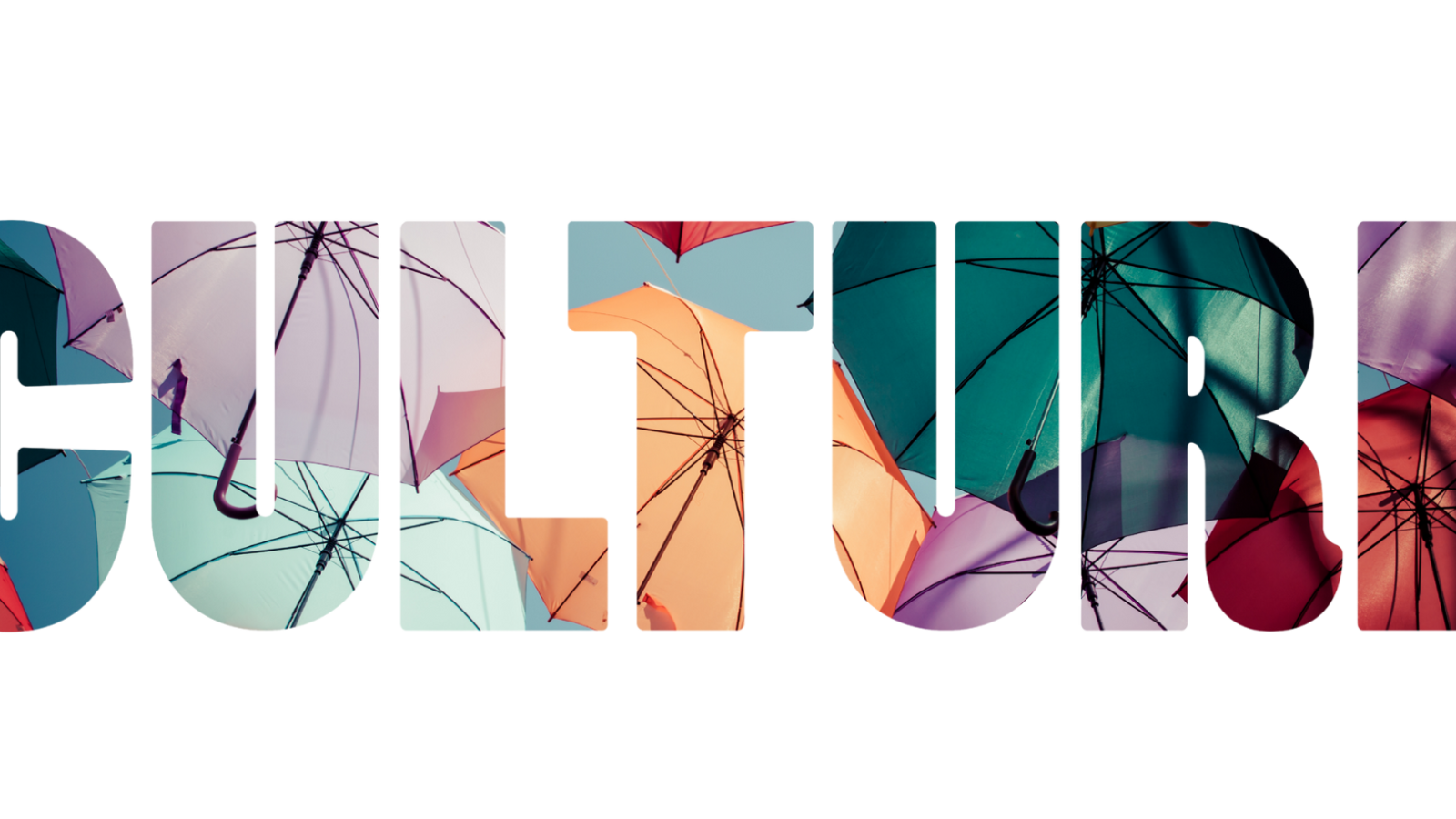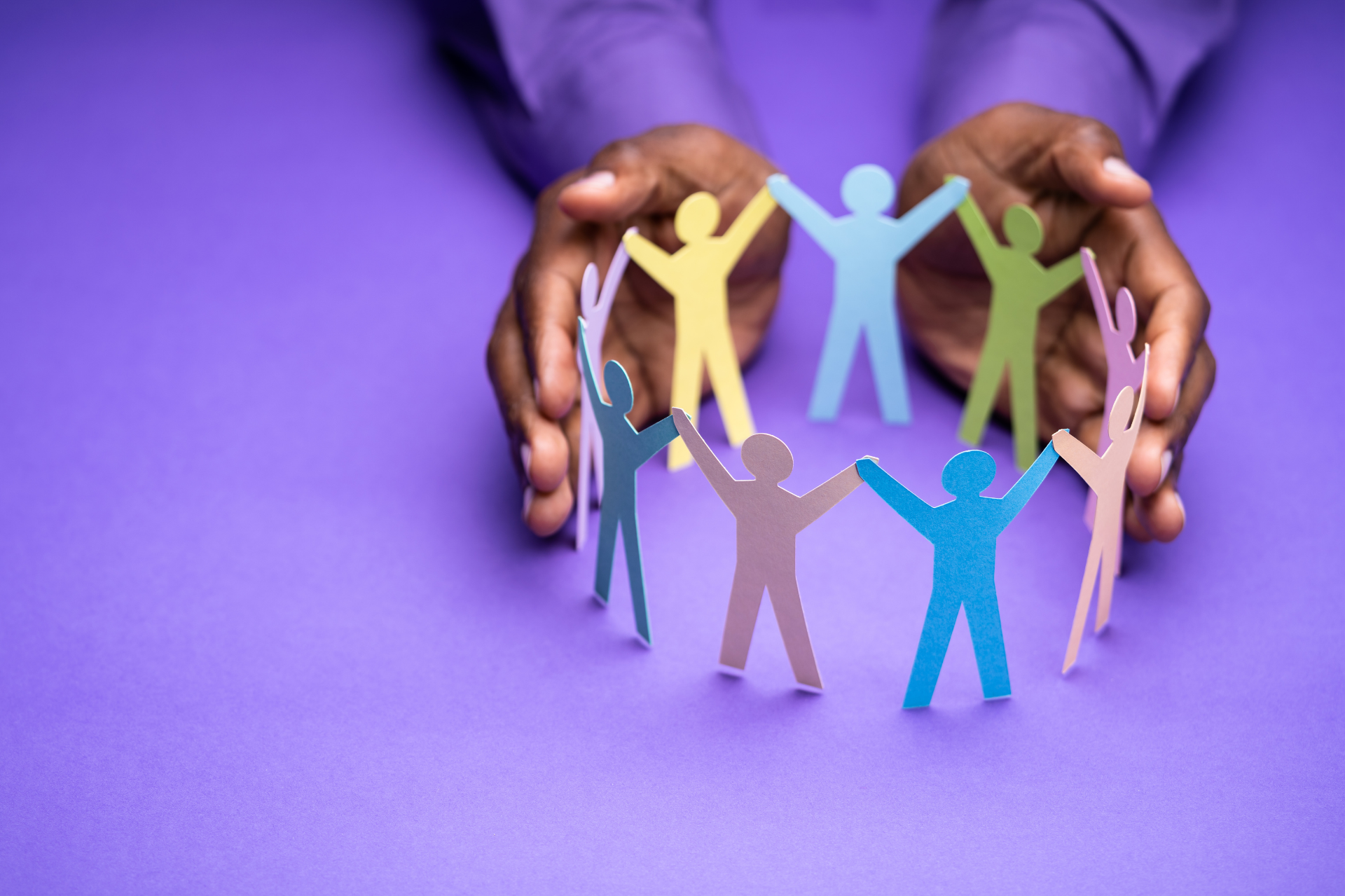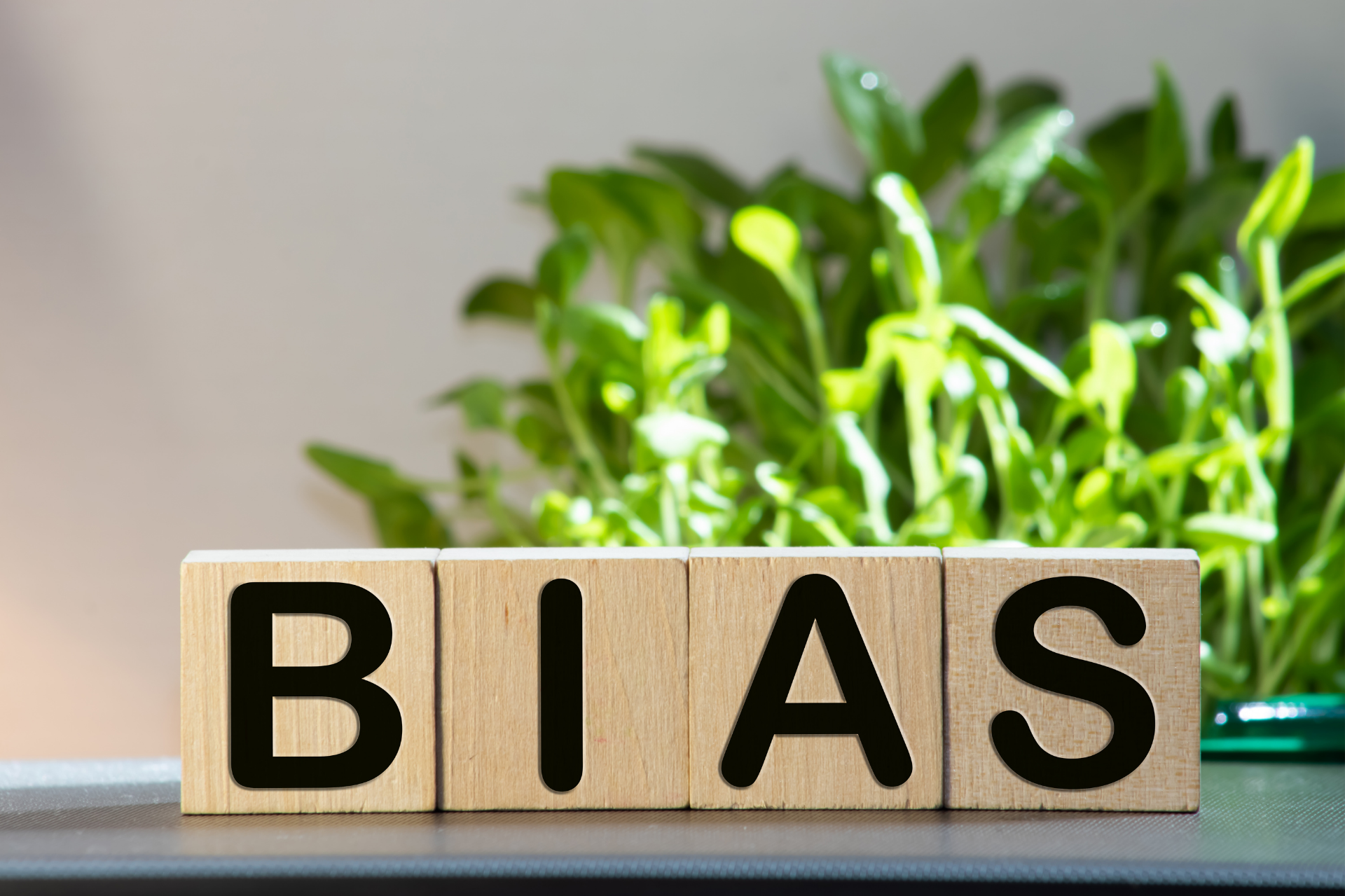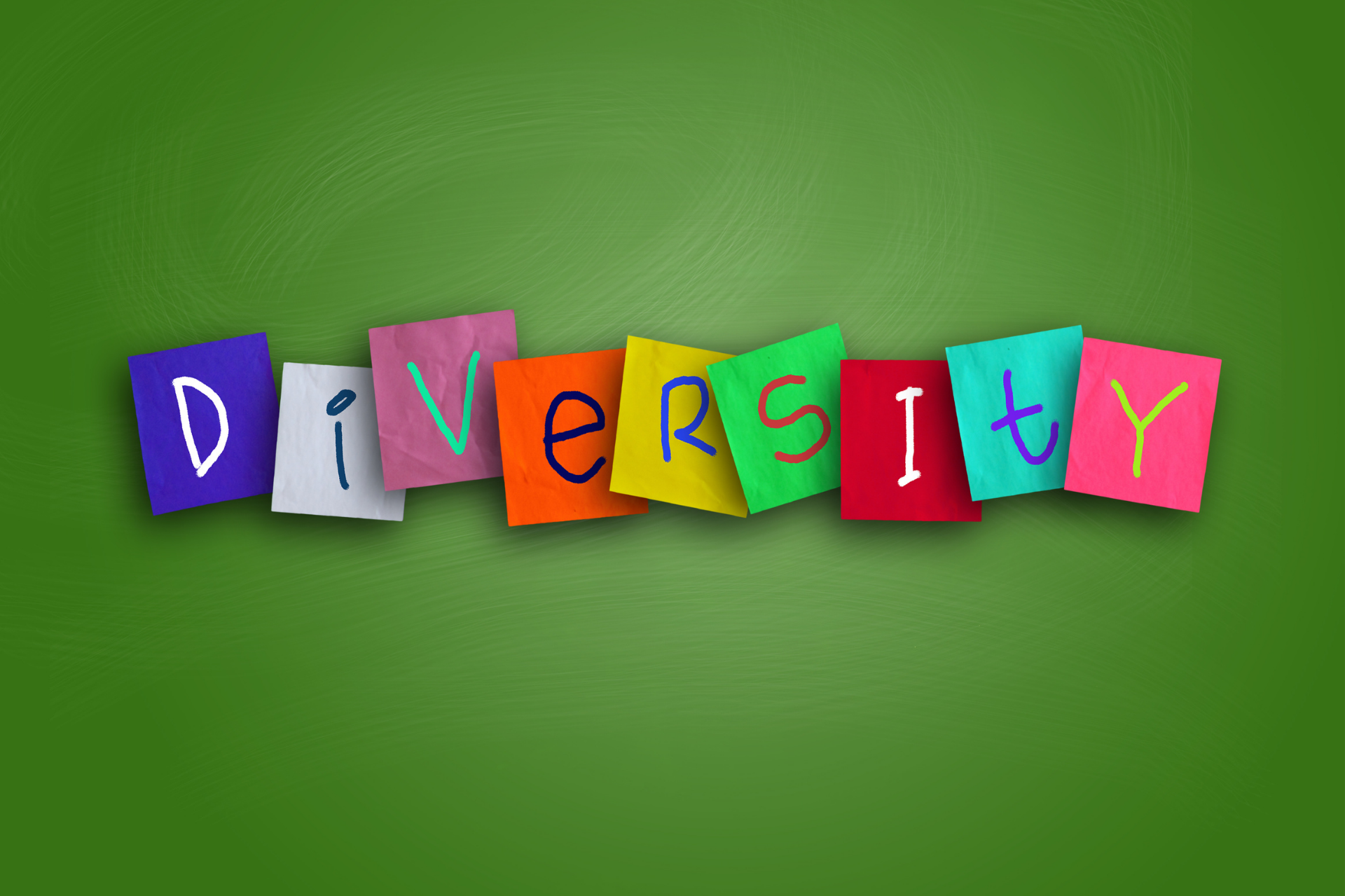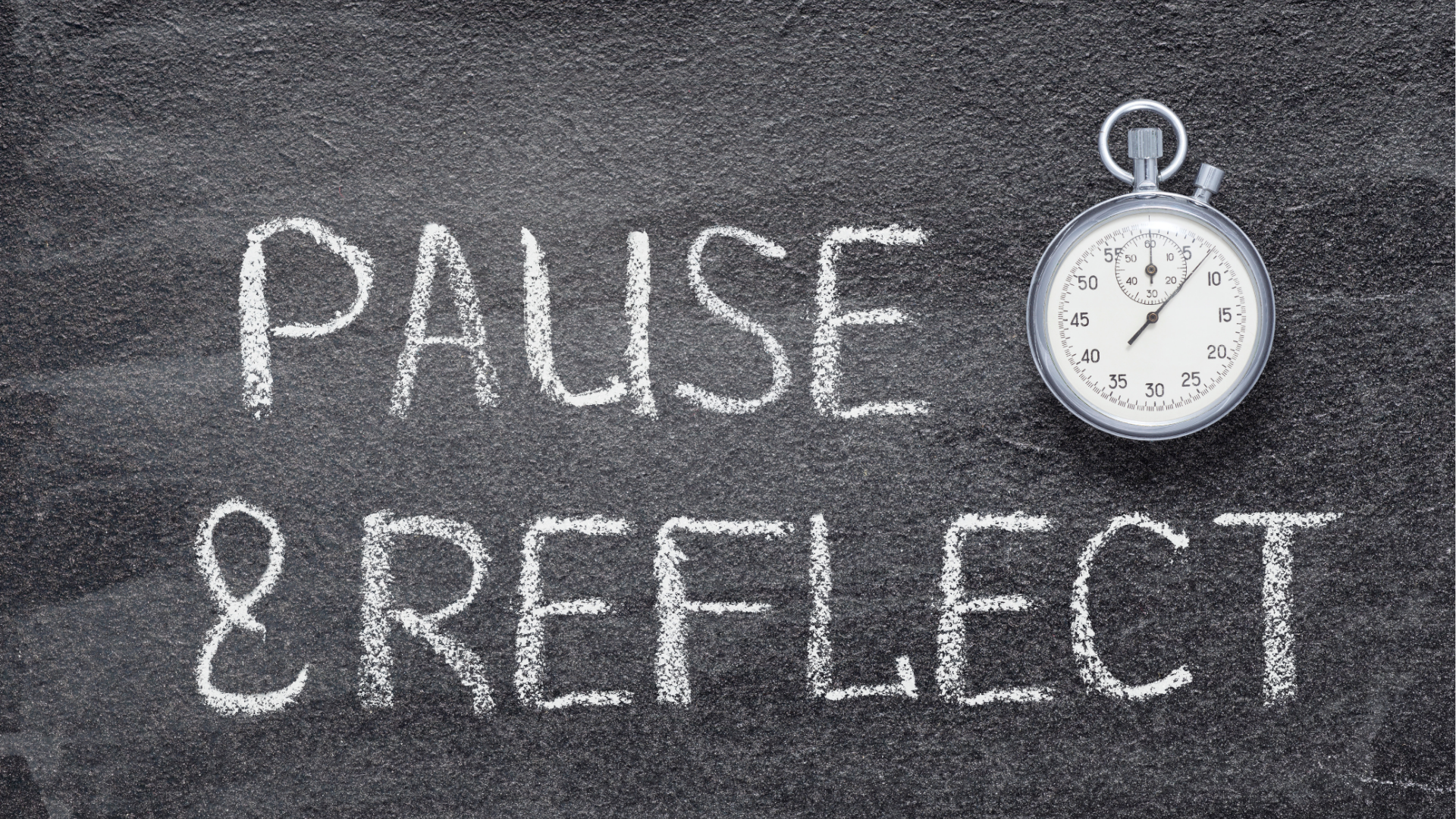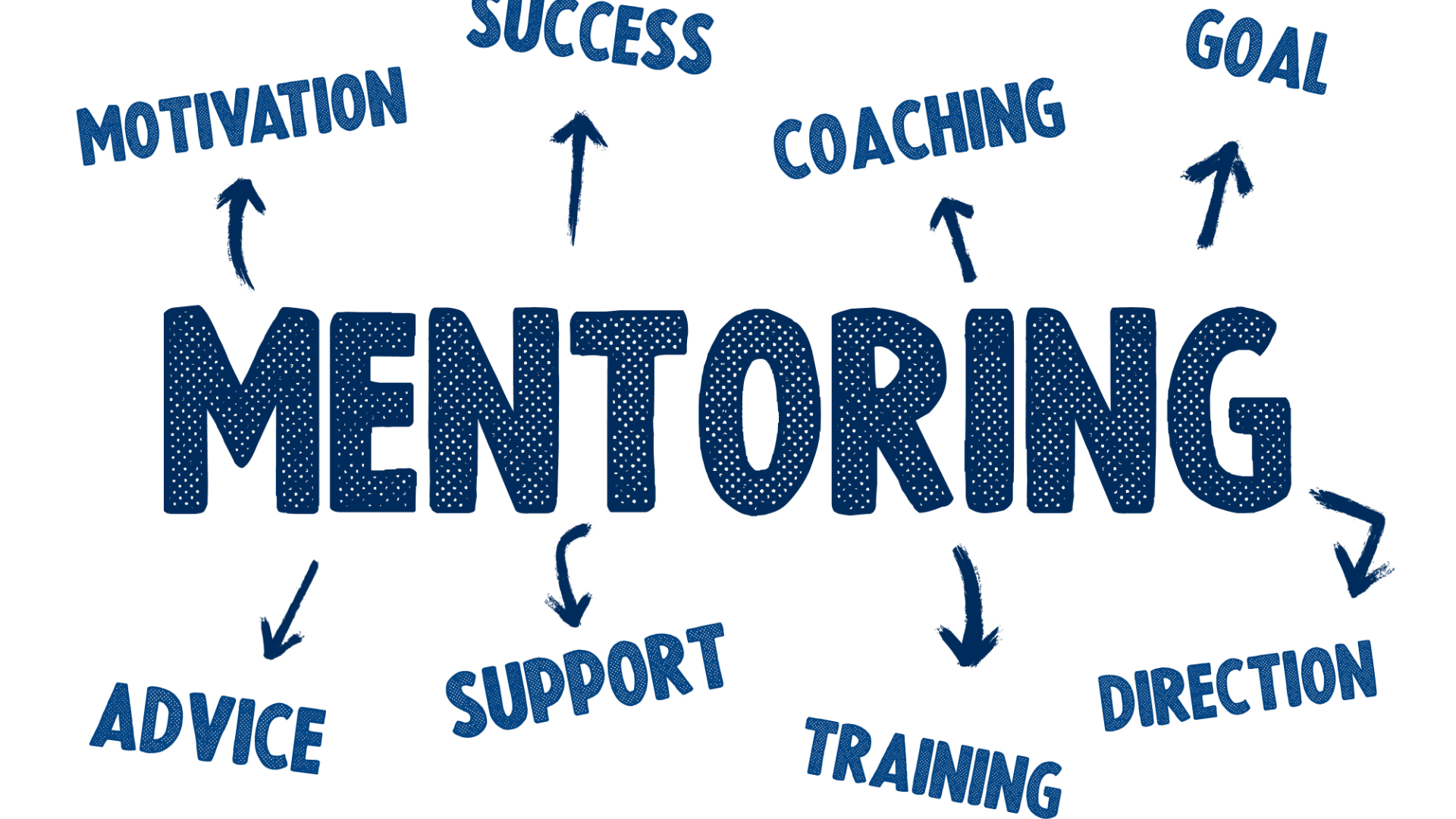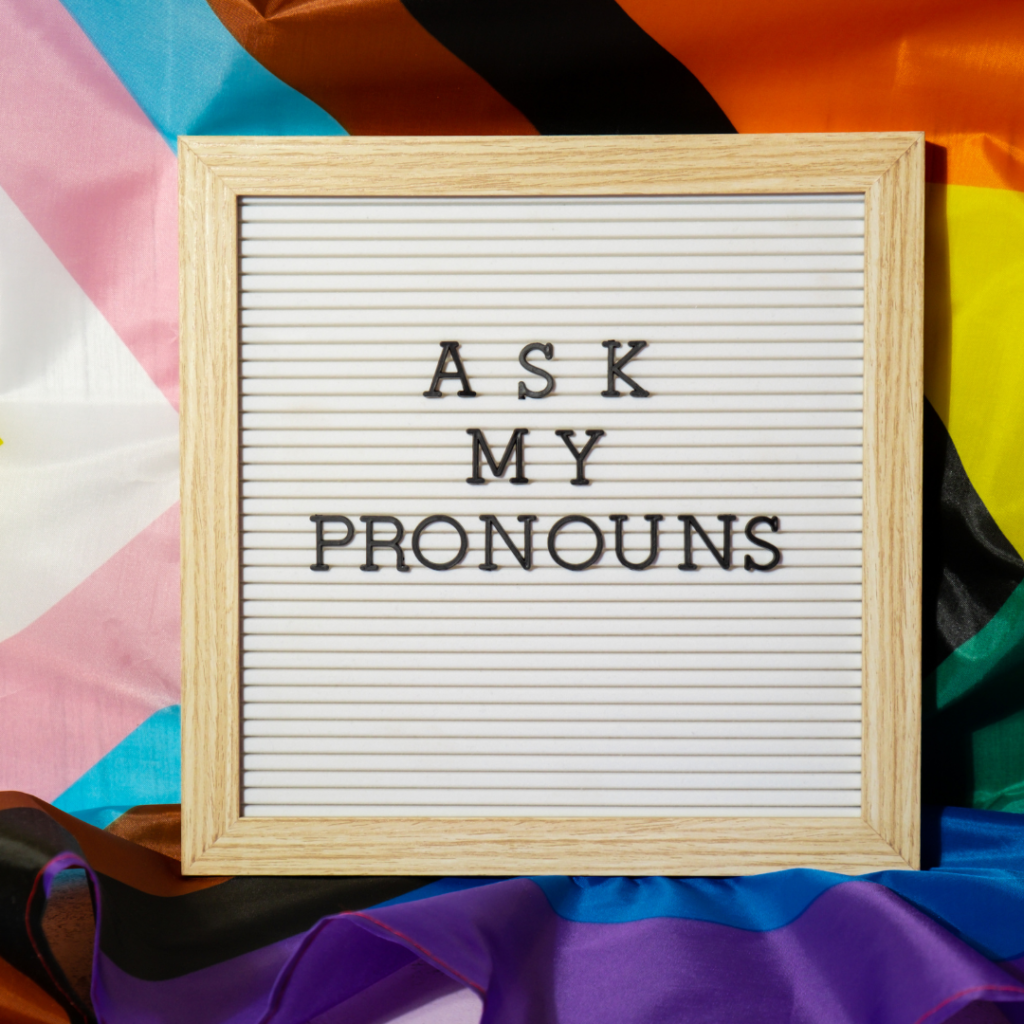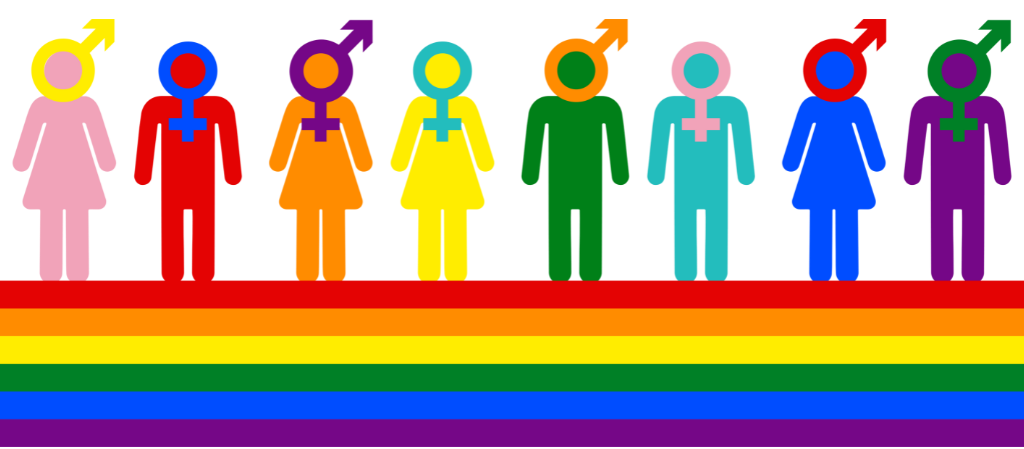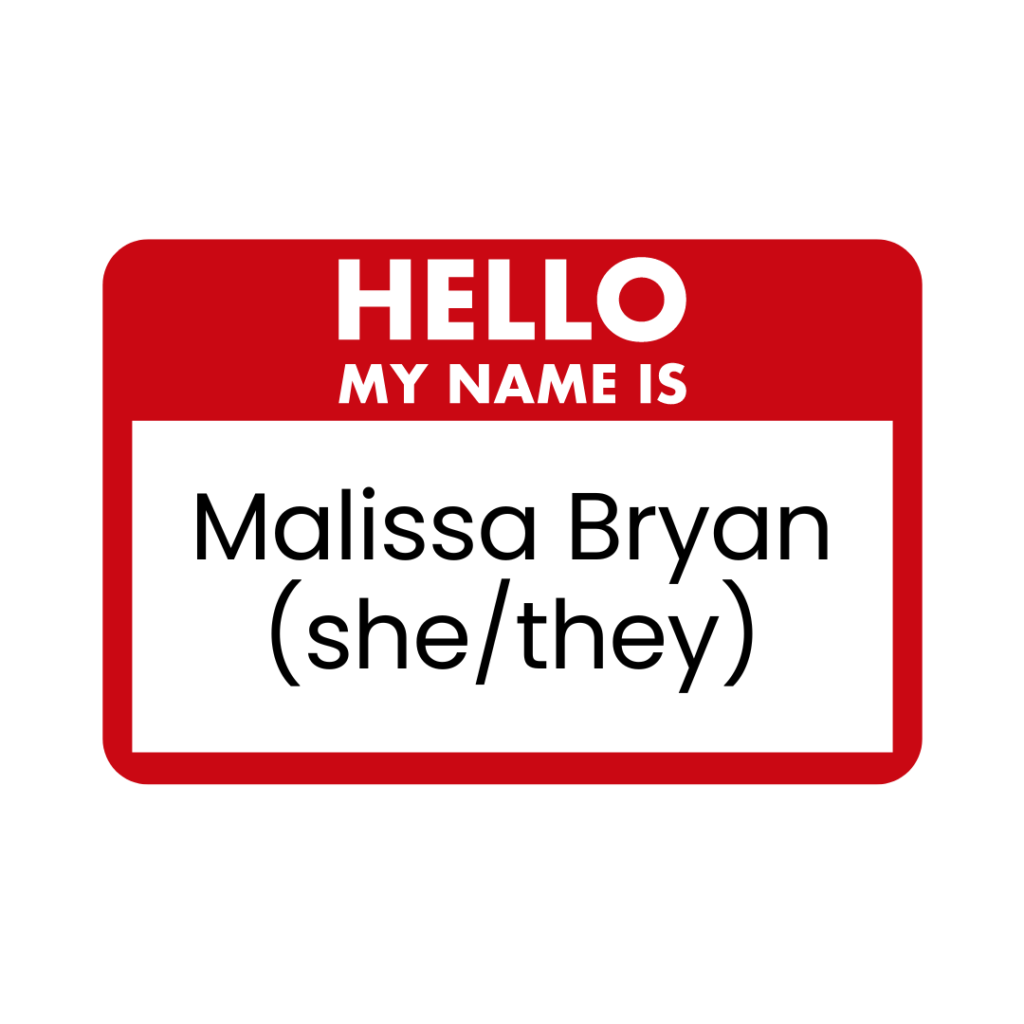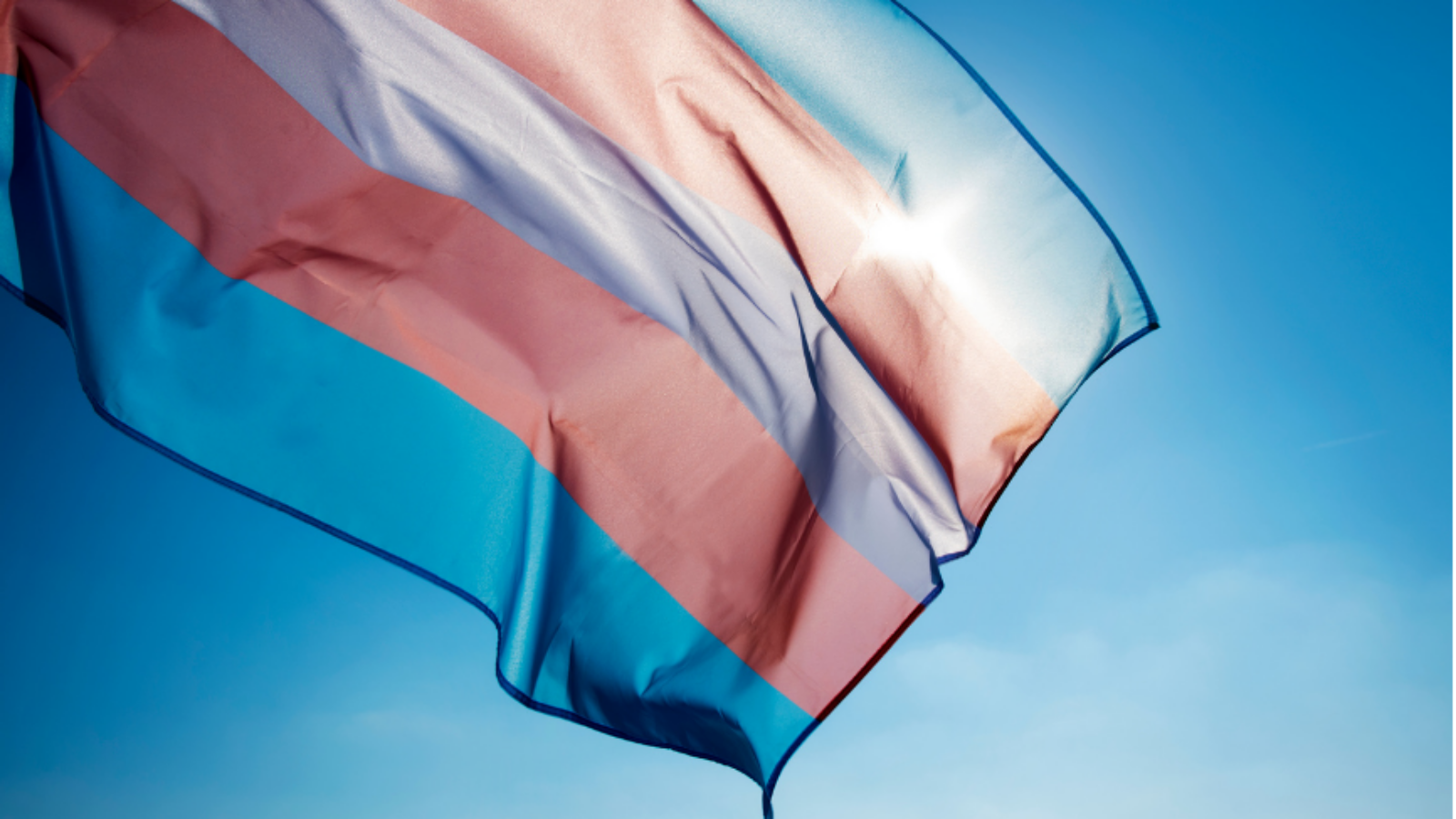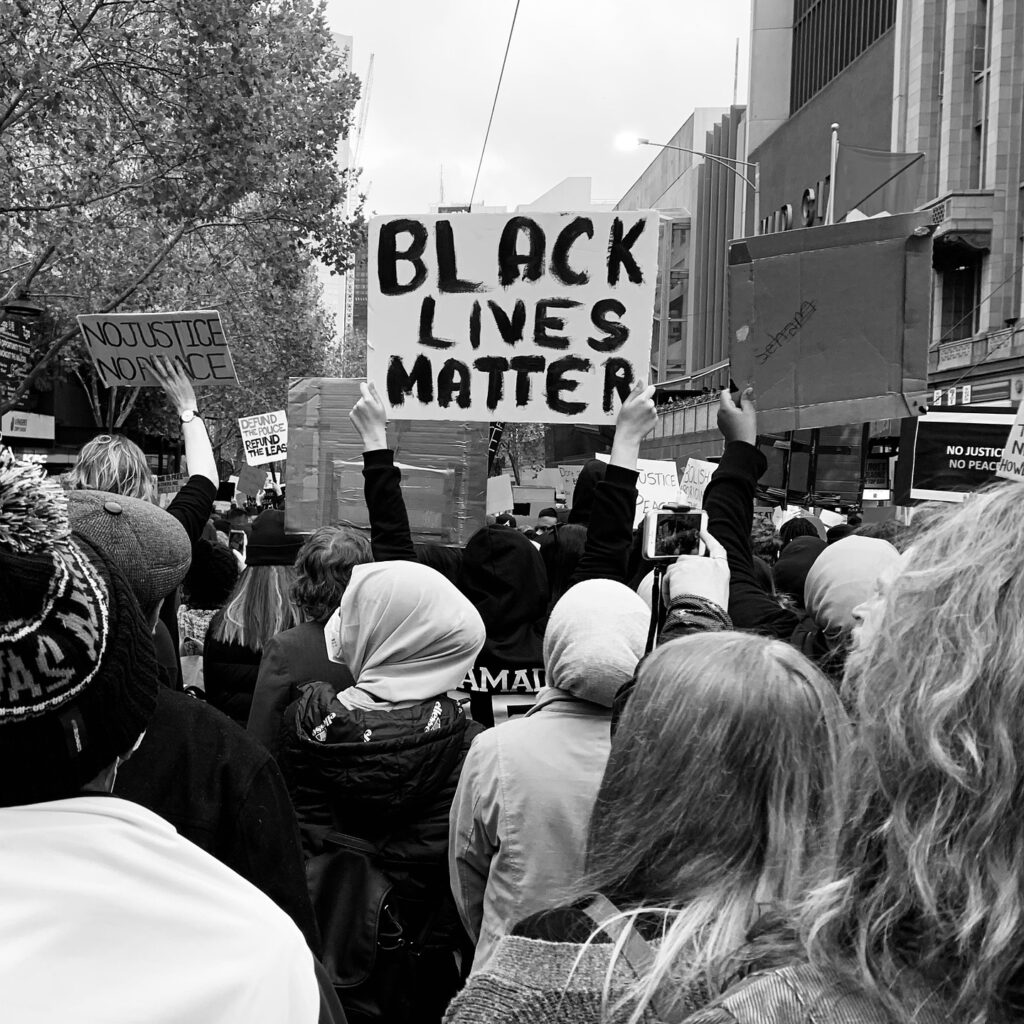Author: Malissa Bryan (she/they), M.A, PhD student
You likely didn’t choose a career in veterinary medicine with cultural competency in mind, but in today’s increasingly diverse world, it is an integral part of the work. Whether you are caring for family pets, barn cats, horses, or reptiles, you are not only working with animals but also interacting with the people whose backgrounds, identities, belief systems, general lived experiences, and even communication style may be different from your own. Understanding and learning how to approach differences can create a welcoming environment based on trust and mutual respect.
It is not about aiming for perfection. It’s about being attentive and having empathy. This is not only about performance. It’s about commitment to improvement.
Don’t Assume Shared Norms
What feels ‘normal’, ‘practical’, ‘professional’, and ‘respectful’ to you might feel cold, rude, dismissive, or in some cases discriminatory to someone else who has different cultural norms and practices. Cultural norms differ between regions and even neighbouring communities. Our cultural norms may differ from those of others. These norms shape how people communicate, interpret behaviours, and how they express feelings and concerns for their animals. The way people interact and understand medical care is also influenced by culture.

Common mistakes:
- Assuming directness equates to honesty.
- Interpreting avoidance of eye contact as a sign of untrustworthiness.
- Expecting decision-making to follow a particular process
What to do:
- Listen and ask clarifying questions before assuming.
- Ask open-ended questions and do not assume preferences and concerns
- Stay curious and flexible.
Listen Deeply, Not Just Passively
Trust is the foundation of all relationships, including veterinary medicine. When clients feel seen, understood, valued, and heard, they’re more likely to support and comply with a care plan. To continue growing a trusting relationship, it is important to approach the client’s lived experience with care.
Common mistakes:
- Assuming everyone has the same relationship with animals
- Naming client reactions as overreactions
- Listening to respond, not to understand
What to do:
- Leave space for silence and emotions. Don’t hurry the conversation; give clients time to process information.
- Don’t rush to respond; sit with their stories and try to understand before responding.
- Make it clear that what people say in your veterinary offices matters.

Use Inclusive Language with the Public
Recognize that words matter and they shape experiences. Language that feels like the norm to you may feel isolating, dismissive, or judgmental to someone who has a different background or lived experience than you. Using inclusive language demonstrates that you care about the people in front of you, not just their pets.
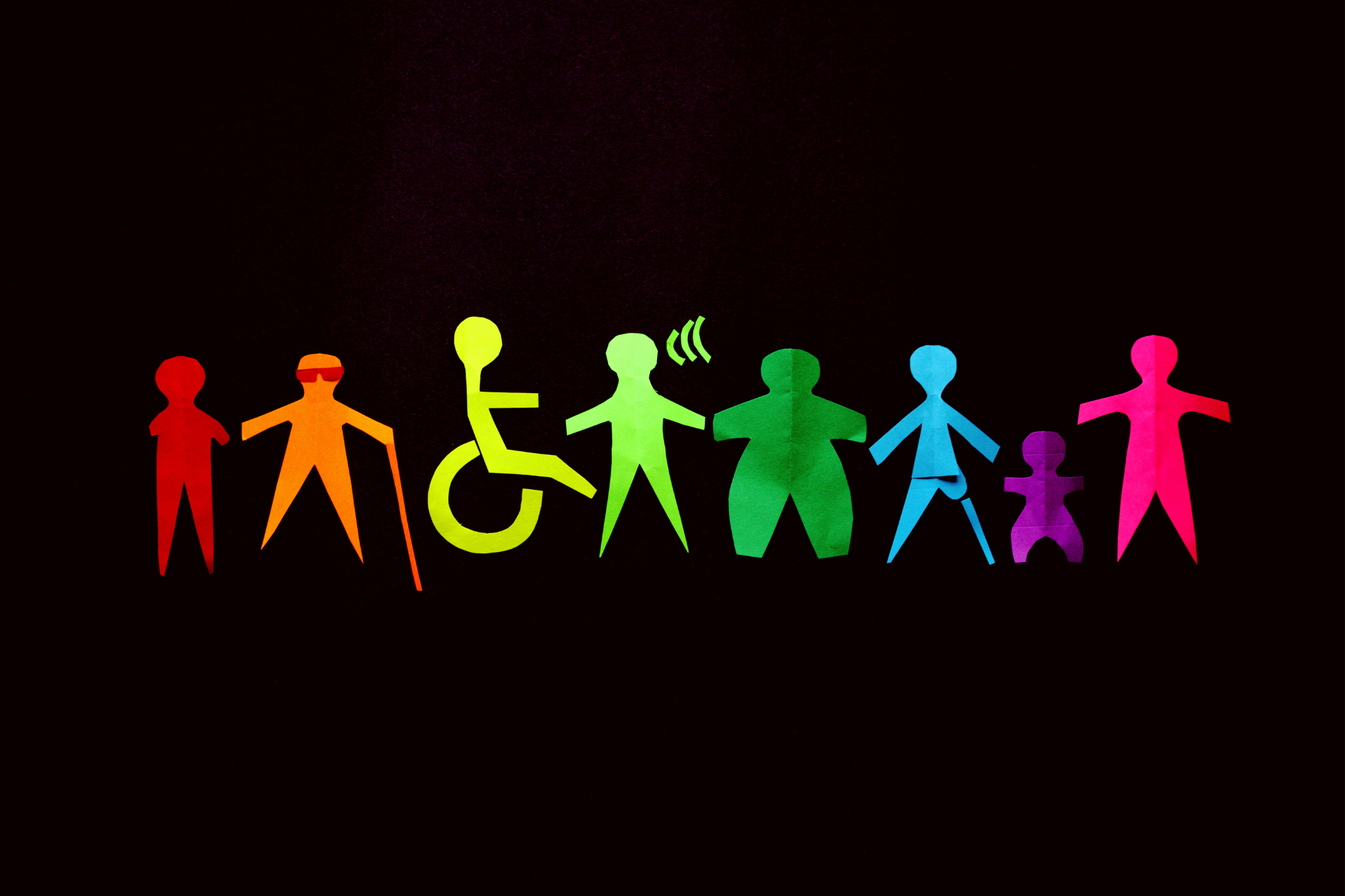
Common mistakes:
- Utilizing the terms: difficult, non-compliant, or problematic without context.
- Assuming intelligence or understanding based on accent alone
- Assuming gender or sexuality
What to do:
- Ask for pronouns and the pronunciation of names.
- Break down medical terms and use plain language in a respectful manner
- Utilize professional interpreters when needed
Check Your Bias at the Door
Every person has biases, and it is your responsibility to keep your biases in check. In clinical settings, where things move at a fast pace, bias may go unnoticed, which can impact the quality of care and how clients are treated.
Common mistakes:
- Offering fewer options based on assumptions of financial capabilities
- Assuming truthfulness based on their identity
- Spending less time with clients that we see as different from ourselves
What to do:
- Pause: Is this based on a ‘gut feeling” or facts?
- Offer consistent treatment options and plain language instructions to all clients.
- Seek feedback from clients.

Acknowledge Power Differences
As a veterinary professional, you hold a position of trust and a great deal of authority. It is important that you not only recognize your power but also use it to amplify the voices of your clients. This creates an environment where the pet and the client both feel safe.

Common mistakes:
- Dismissing client questions or concerns
- Interrupting and speaking over clients or rushing clients
- Avoiding explanations to avoid discomfort
What to do
- Be transparent about your role and the client’s available choices
- Invite questions without invalidating concerns
- Meet clients where they are- with respect and curiosity
Remember, building cultural competency is not a one-and-done skill we gain. Instead, it is a daily practice of humility, learning, and unlearning and a lifelong journey that we all must take. You don’t have to be an expert, but you do have to be willing to learn and listen. That’s how trust grows. That’s how the veterinary profession will continue to expand, becoming more inclusive of all the clients it serves.
We’re Here to Support Your EDI Journey!


